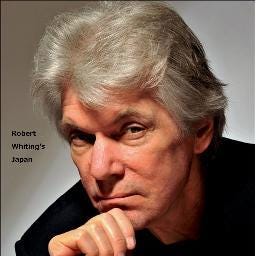Last in a four-part series
Tokyo Sokai
TOKYO — The Imperial Hotel Diamond Incident, as it came to be known in the Japanese press, sent a message to the general public about American civilians in the post-Occupation era — that despite their big houses, cars, and suave image conveyed by screen stars like Gregory Peck they could be just as uncouth and stupid as anyone else and that even guests at a hotel as vaunted as the Imperial were not to be trusted. The incident helped popularize a phrase, furyo gaijin (delinquent foreigner), and gave the Japanese media an opportunity to criticize the authorities for their lax attitude toward foreigners.
Sociologists wrote of a decline in public and private morals because of the gaijin, citing the odious influence of Western-style music such as that of Perez Prado, whose smash hits “Patricia” and “Mambo Jambo” were causing young Japanese men to parade shamelessly about in gaudy black pants and the women in short parachute skirts. It was no coincidence, opinion makers noted, that the teenaged youth involved in the Imperial Hotel robbery was wearing a “mambo suit” when arrested.
Keep reading with a 7-day free trial
Subscribe to Robert Whiting's Japan to keep reading this post and get 7 days of free access to the full post archives.




